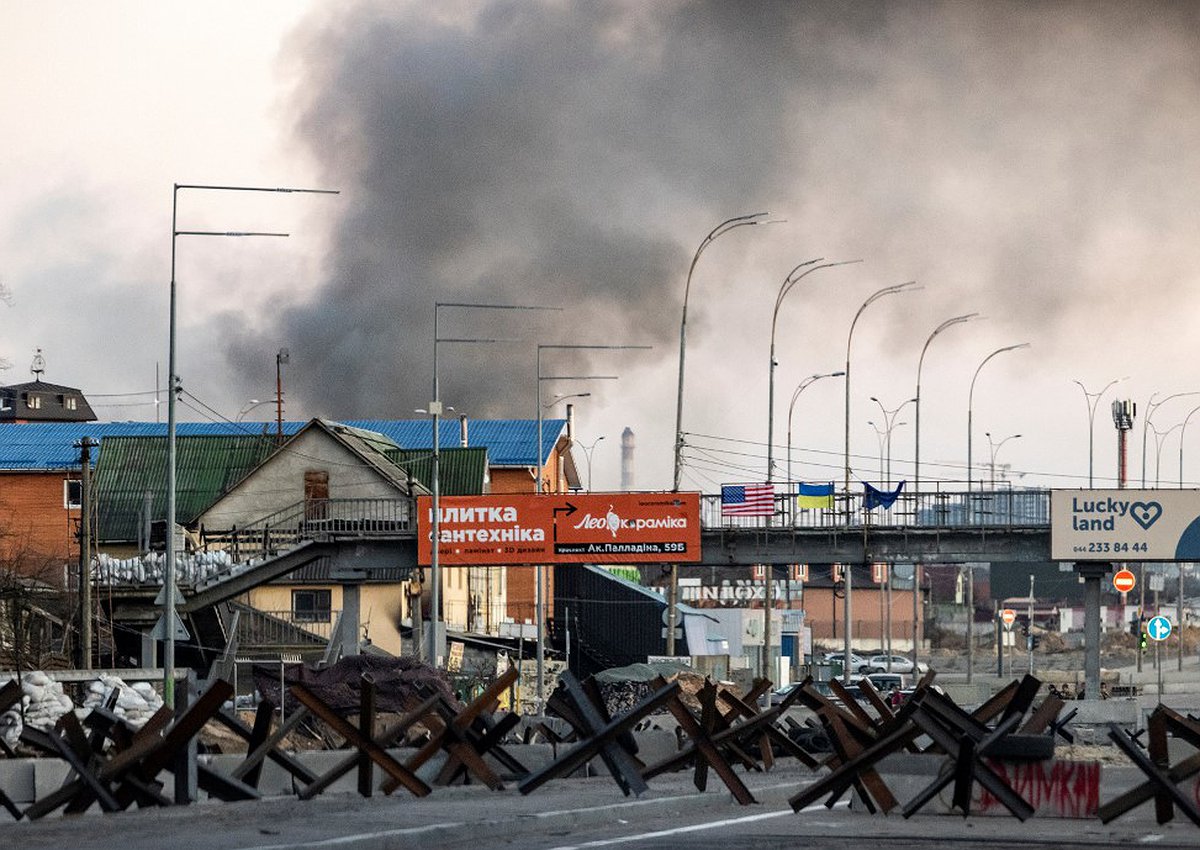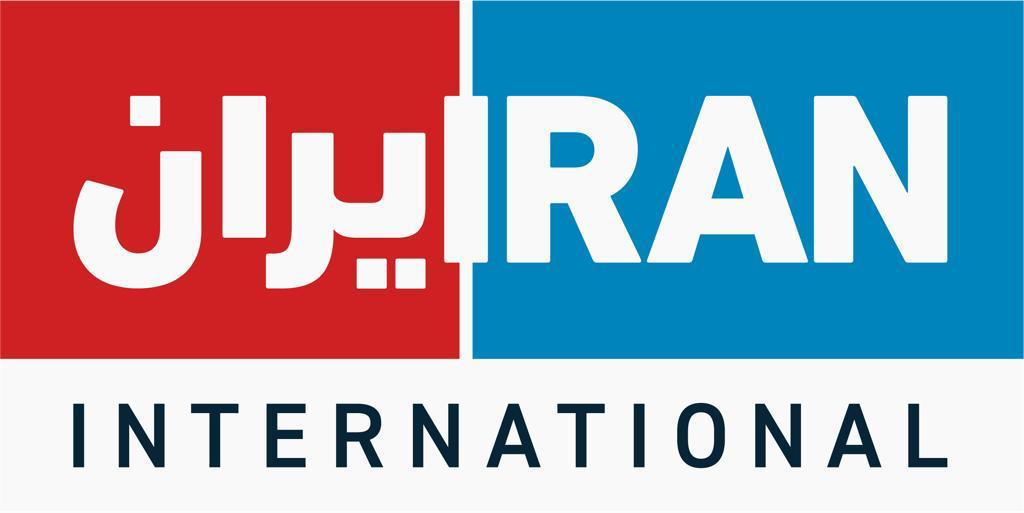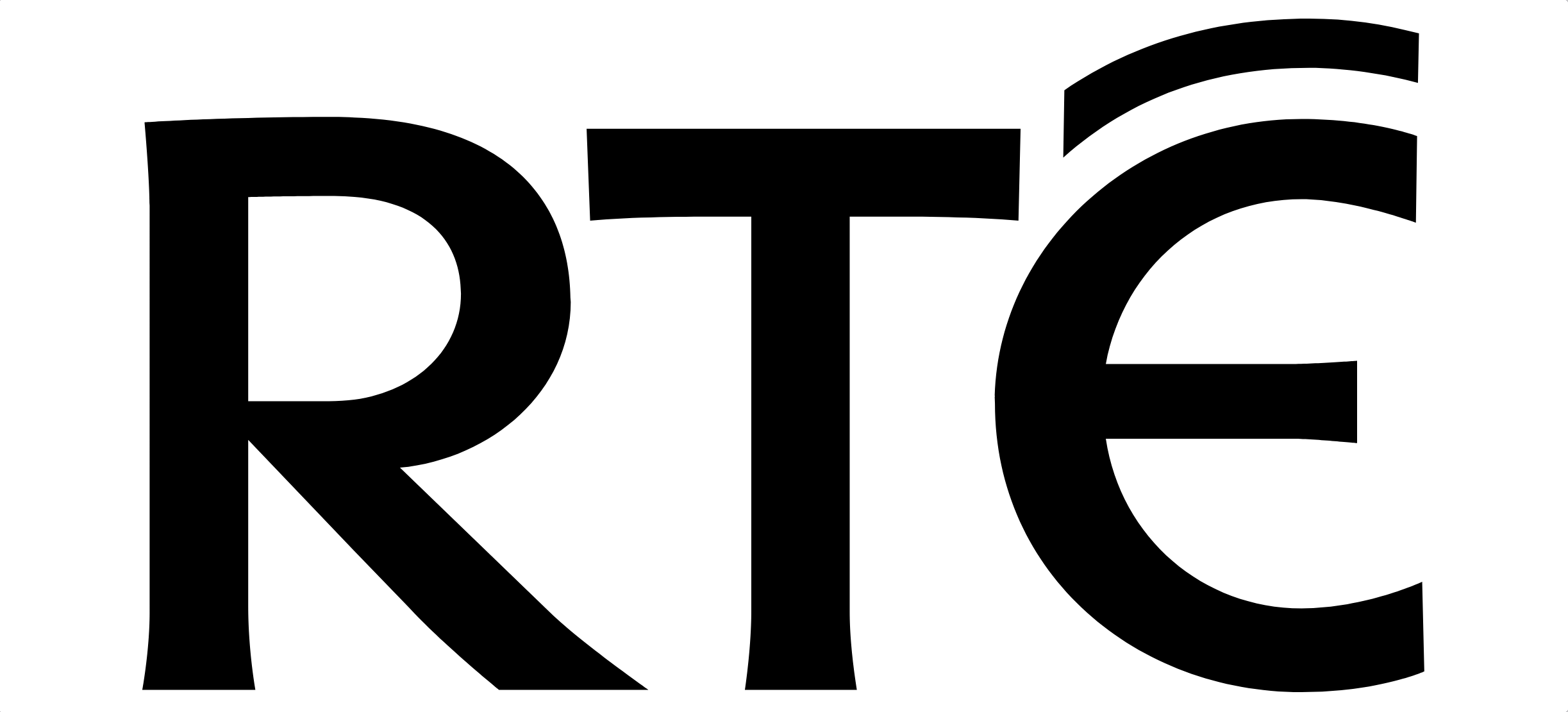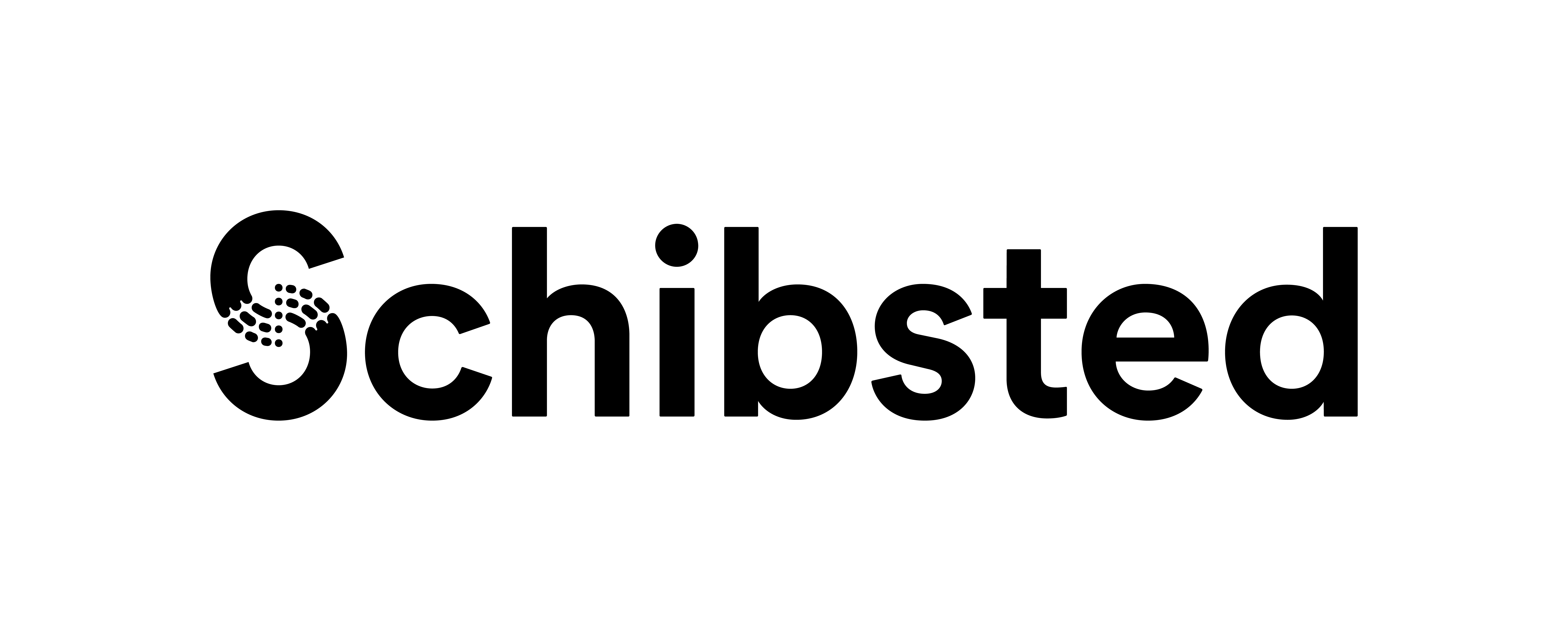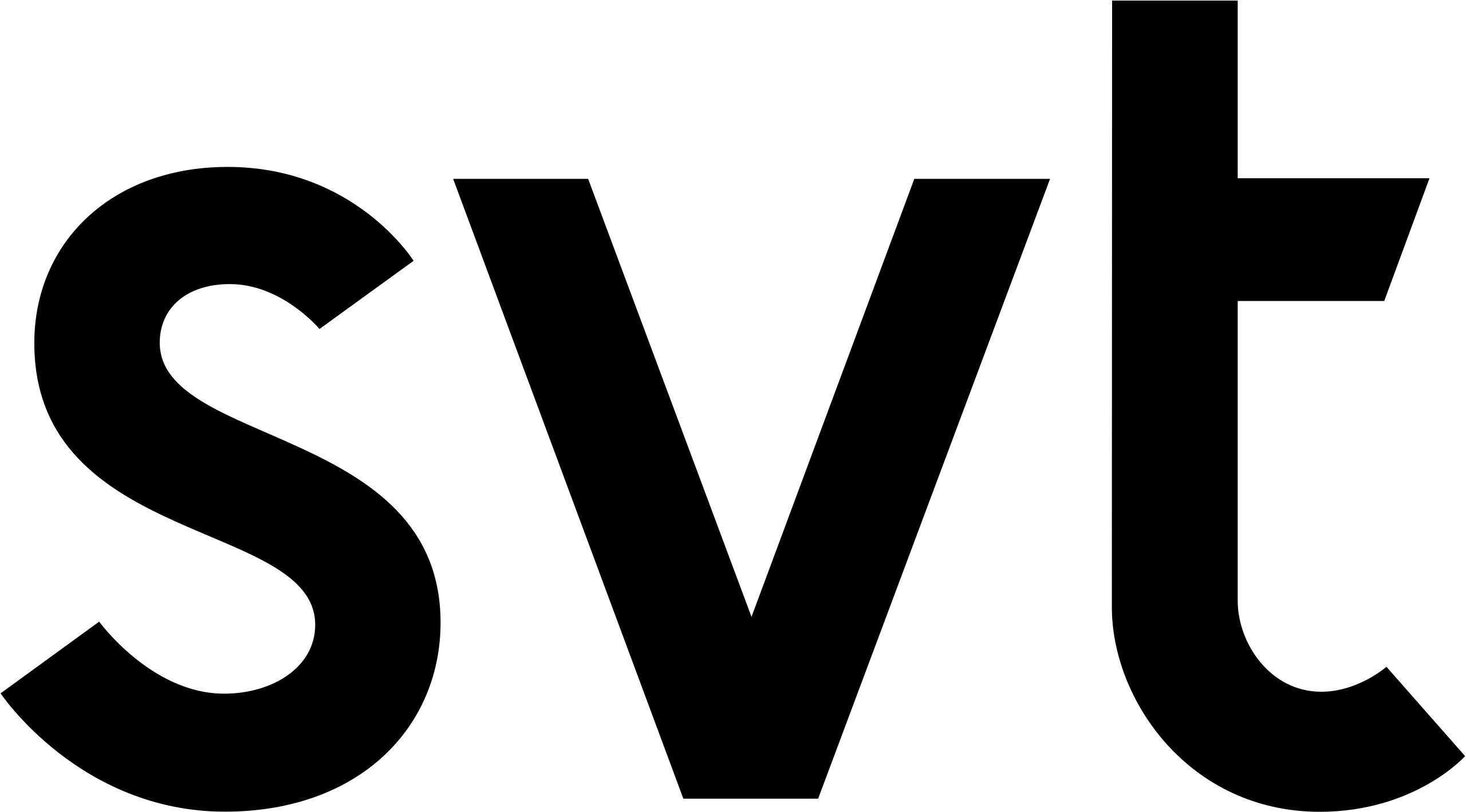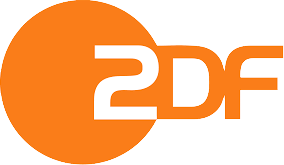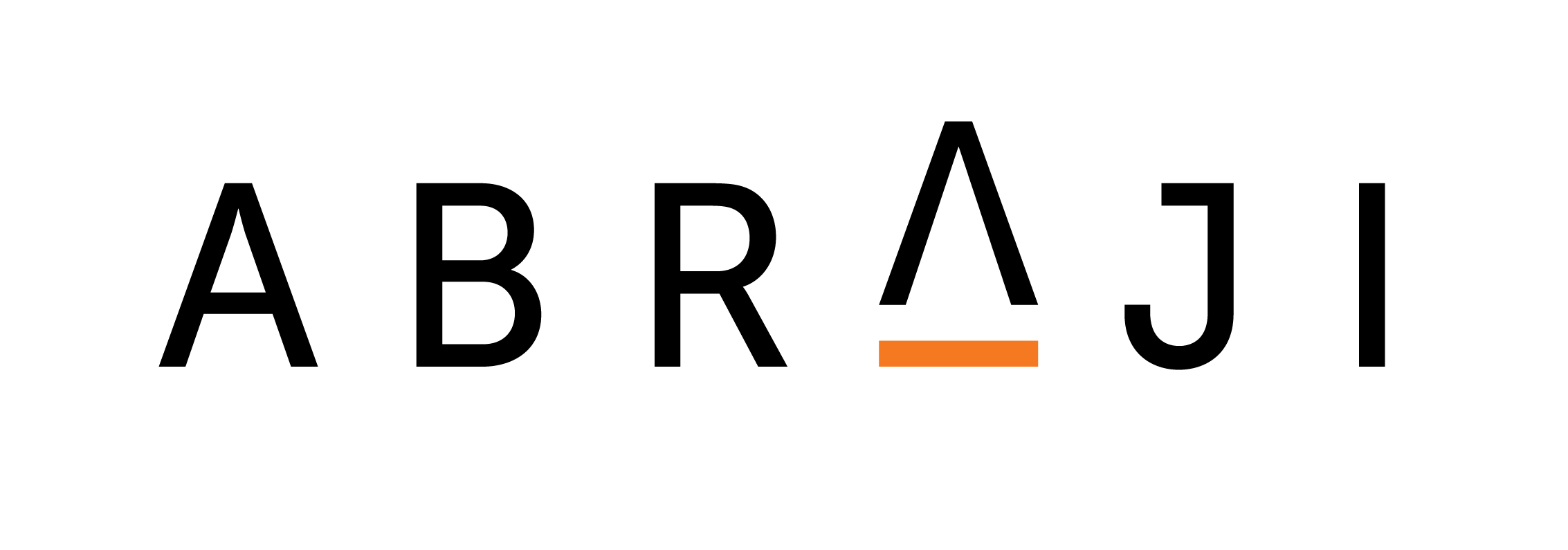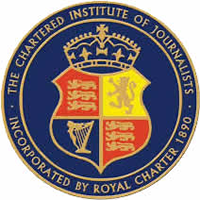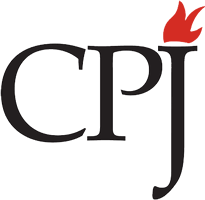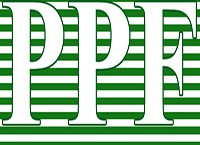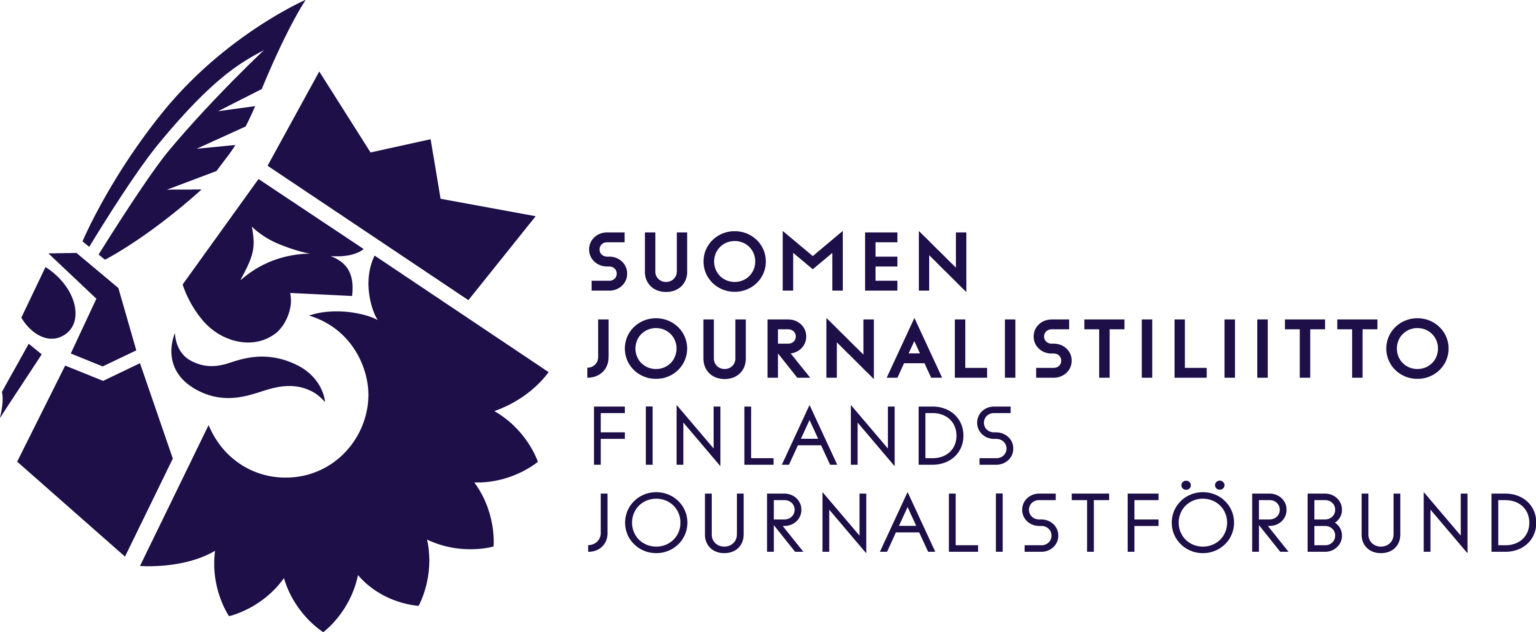Cilla Benkö is the CEO and Director-General of Swedish Radio which is an INSI member. This speech was delivered on World Press Freedom Day 2022 at a press freedom conference in Washington.
We're now in the middle of the biggest assault on truth and democracy of this century.
Russia's invasion of Ukraine has led to both personal tragedies, and threats to independent journalism. The Russian Duma has criminalised factual reporting, the Russian military has shelled broadcasting towers in Kyiv, and access to trustworthy, independent media has been blocked by the Kremlin. The need to help people access accurate information is urgent.
But with Ukraine burning, and Russian media freedom in ashes, it is easy to lose sight of another truth: nowhere in the world can we afford to take media freedom for granted. We must be on our guard, wherever we are. Media freedom and liberal democracy don't get dismantled overnight. Even in Russia. They are carefully unpicked and pulled apart over time. Through insidious, creeping steps.
There are six points I want to make today- speaking both as a journalist and as head of Swedish public service media, Swedish Radio. Six global threats to media freedom. If we are alert, we can spot them, raise the alarm - and we can act before it is too late.
The first and most serious is that reporting the news has never been more dangerous. More journalists are losing their lives than at any time I can remember - just for doing their job, and the culture of impunity is alarmingly widespread.
According to UNESCO, over 900 journalists were killed over the last decade - an average of over 90 per year. Most were not foreign correspondents but local journalists reporting on their local communities.
Why is this happening? The threats are well-known in high-risk countries like Syria and Afghanistan or in war-torn countries like Ukraine. Too many have already been killed, during the Russian invasion.
But the reality is that journalists are actively targeted, not just caught in the crossfire.
The news agency AP was the last international media to flee Ukraine's coastal city Mariupol in March. The journalists said the Russians were hunting them down, that they had a list of names, including theirs, and they were closing in.
In my office at Swedish Radio, I walk past a photo every day. It's of Nils Horner. He was one of Swedish Radio's most experienced foreign correspondents. On 10 March 2014, he was in Kabul ahead of the presidential election. The next day, Nils was murdered - shot on a quiet street in Kabul. To this day, no arrests or convictions have been made.
Nils never put himself in the spotlight. He never wanted a flashy byline. He let the people in the story take centre stage and their voices be heard. He wasn't a risk-taking cowboy. He was often there - on the ground - but always took his own security as a journalist seriously. This makes it even more upsetting, and ironic, that he was murdered. His photo is a daily reminder of the risks of journalism.
And sadly, perpetrators are rarely convicted. Around 90 percent of all murders go unsolved. It is a personal - and a democratic - tragedy when journalists are murdered. Impunity sends the worst signal - that the society thinks that this is ok.
This leads me to my second point. In addition to threats to life, journalists are also facing growing threats and harassment, intimidation and interference - even in established democracies.
The US and Sweden are two of the countries with the oldest constitutional protections for the free press anywhere in the world, dating back over 200 years. But we should ask ourselves: how safe is it to work as a journalist in our own countries? What are the effects of threats, harassment and intimidation?
Swedish Radio's correspondents covered the anti-racism demonstrations here in 2020 and stayed safe. But many other journalists were targeted. In 2020, over 700 incidents were recorded in the US Press Freedom Tracker relating to the BLM demonstrations alone – arrests, damaged equipment and even physical attacks by law enforcement officials.
In Sweden, the Union of Journalists conducted a survey of its members last year. As many as 70 percent had been the victim of threats in the last three years. Female journalists had been subjected to sexual harassment, and journalists with foreign backgrounds were more often victims of hate.
The rise of social media and other online tools could be a fantastic opportunity to expand freedom of speech, but so many journalists face constant anonymous threats online. Every day we see attempts to target, troll, and to intimidate us. To stop us from doing our job. The obvious risk is cautious journalists or even self-censorship.
My third point is this: threats do not arise in a vacuum. We all live in a society with norms and attitudes cultivated by many people including opinion-makers and politicians. One of the most potent threats to media freedom today is a continuous drip-feed of narratives designed to devalue independent journalism.
This is more than an attack on journalists. It amounts to a campaign to discredit the entire craft. For some, the phrase, "mainstream media" is now a term of abuse. Traditional journalism is painted as part of the problem rather than the solution. This really worries me. Free and independent media are singled out as part of the elite; as part of a liberal establishment; as serving their own or foreign interests; and as traitors.
We have seen and heard some high-ranking politicians in democracies all around the world repeating these messages. This escalated during the pandemic. Journalists were accused of dishonesty and by former President Trump: of "hurt[ing] the country", of being "fake" and "disgraceful".
In Brazil, President Bolsonaro claimed that the population had "been deceived by the media," and his health minister described the media as "sordid" and "toxic".
In May 2020, the prime minister of Slovenia published an essay entitled: War on the Media. Without evidence, he claimed that accurate reporting was being silenced by a conspiracy of female journalists. He wrote: "An atmosphere of intolerance and hatred is being created by a small circle of female editors, with both family and capital connections to the pillars of the deep state."
It is easy to understand why some want to discredit journalism. They want power to control the political debate. They want to silence difficult questions, to divert attention to other outlets like their own social media feeds and sources they control.
Journalists are being targeted for telling the truth by those who believe they should either have editorial control of how we report or that they can stop us from reporting altogether.
These narratives become more dangerous when they tip over into concrete, legal repression of the media. This is my fourth point. Repressive regimes today have weaponised draconian laws, giving far-reaching powers to public authorities to impose heavy fines or even criminal sanctions for factual reporting and independent journalism.
On Friday March 4 this year, Russia's parliament passed a law imposing a jail term of up to 15 years for the distribution of "fake news" about the military operations in Ukraine, with "fake news" described as anything not officially approved by the Kremlin. Russian media freedom lies in ruins - with few signs of hope. But Russia is not alone.
China is ranked 177 out of 180 countries on Reporters Without Borders' Press Freedom Index. The so-called New Security Law has put Hong Kong's media freedom "on life support". The result is a lasting risk for self-censorship, interviewees refusing to go on the record and journalists afraid they'll be forced to give up their sources. Representatives from Chinese embassies have also tried to put pressure on journalists in interviews, emails and in face-to-face contact. Journalists' visa processes are often delayed or refused.
And we can also look at any number of countries in Eastern Europe.
In Hungary, the country my parents fled after the Soviet invasion in 1956, the "corona law" gave Prime Minister Viktor Orban almost unlimited powers to rule by decree, initially with no end-date. Anyone the government viewed as spreading "falsehoods" on the pandemic could be jailed for up to five years and that included journalists.
Where Hungary leads, regrettably, others have followed, most notably Poland where the impact is often felt most by public service media.
I am the head of a public service media company, Swedish Radio so I have a particular perspective on the vital importance of our independence. And this is my fifth point. That political pressure on independent public service media is getting tougher and tougher and the advance of authoritarian politics is not weakening this trend.
But, let me stop here briefly: What do I mean by public service media? Organisations like my own, Swedish Radio, the BBC or in some respects NPR here in the US. Public service media is supposed to be independent, separate from the state, financially independent. It represents a set of democratic ideals that matters greatly to all of us: impartial news and information that everyone can trust; content that reaches all audiences and that reflects all views and brings communities together; and ensuring that the joys of culture and learning are available to everybody irrespective of income or background.
My view is clear - this role has never been more important. But the threats are also growing.
Take Poland. Since coming to power in 2015, the Polish Law and Justice Party have transformed state television into a propaganda arm of the government. They sacked the management of public service television and radio. Around 160 people were then either fired or felt forced to leave their jobs. A National Media Council now appoints their management and supervisory boards. Three of the council's five members are nominated by the Polish Law and Justice Party. The government's intention is transparent - public service media should focus on reinforcing the national character and promoting "patriotic values".
You may think that countries like Hungary and Poland do not share the western world's tradition of independent media. That "it could never happen here."
Let's look at the Nordic region. Nordic media enjoy greater trust from the public than media in any other region across Europe. Strong public service media exist side by side with strong commercial media. It is an effective dual system that clearly promotes a well-functioning democracy. But even in the Nordics, this cannot be taken for granted.
At the end of June 2018, we had worrying news from Danish public service media, DR. The (then) Danish culture minister made a major change to DR's remit - the result of protracted negotiations between the then-minority government and the populist Danish People's Party (DF). DR's remit is now to promote "historical core values in Danish society". DR's contract reads: "it must be clear in DR's programmes that our society has its roots in Christianity."
I know that DR have continued to produce great, independent journalism within this framework. The situation for DR has also improved with the change of government. The coming review of DR's contract might lead to adjustments - even removal - of these additions. I do hope so, because the rewriting of DR's remit in 2018 had clear ambitions – to turn an independent, journalistic organisation into a cultural institution; to turn public service media into an instrument for specific, political ends.
Another example I will mention is from Sweden.
For Swedish Radio, impartiality is one of our most precious assets. This might seem odd here in the US where some well-known cable TV news channels have a clear political agenda which viewers and listeners either love and trust or hate and distrust.
For our journalism, impartiality means that we do not take positions. We strive to give the audience the information they need to reach their own view - without ever striking some sort of false balance. It is a challenge and sometimes - very rarely - we get it wrong.
But listen to the debate in Sweden, and you could easily get a different picture. Certain politicians and alternative media repeatedly and constantly question our impartiality and make baseless claims about our journalists' views or bias in our reporting. Some have even called for sanctions and new powers to impose "personalised reprisals" on journalists who breach impartiality rules.
The reality is this: despite the rhetoric, levels of trust in Swedish Radio are consistently high: around 72 percent of the Swedish population have high or very high trust in our content. This has been stable for decades. The seven percent who lack trust in us, lack trust in institutions altogether.
This brings me to my sixth and final point: the risks to journalism of tougher and tougher pressures on funding.
This is a real problem especially for commercial media, given the rise of global online platforms. They have profoundly changed how people access and consume content. And for the public, what's not to like? The collected global media is only a screen touch away. But in many cases, this has led to declining print-advertising revenues. According to the Pew Research Center, US newsroom employment has fallen by 26% since 2008 - a loss of about 30,000 jobs.
Economic pressure to journalism even comes from political decisions, especially for public service media. In January this year, the UK government announced a freezing of the BBC's budget which will leave the company with large real term cuts in funding. The head of the BBC Tim Davie has warned of the risks, and I will only say this – a thriving BBC matters. It matters to people in the UK. But it also matters across Europe and the wider world.
The risks of commercial and public service media under ever greater funding pressure are clear: fewer journalists, investigations left undone, important voices left unheard. People who want to control and frame the debate can be left unquestioned, and unchallenged.
So why is it so important to talk about these six threats to media freedom? In 2017, Yale historian Timothy Snyder wrote a book with 20 lessons about opposing authoritarianism. The first lesson is "do not obey in advance".
Liberal democracy is challenged in a way that was unthinkable just a few years ago, but it hasn't happened overnight. It happens in gradual steps. We must see them, not adapt to them. "A citizen who adapts is teaching power what it can do." Snyder wrote in his book.
If we are alert, we can spot the threats, raise the alarm and act before it is too late. That is why I want to make a clear call for action.
Leaders of media organisations as well as the democratic institutions in our countries need to take more responsibility.
Leaders of media companies should cast light in public debate on the intimidation of and pressure on journalists worldwide. We all need to do this more.
We can also ensure, - as a responsible employer - that we properly support journalists' safety and security. This we can do by providing training for our reporters but also international fixers. That should be training in physical security, IT-security but also in how to identify disinformation campaigns.
Lastly as an employer we can and always should ensure that abuse of journalists is reported to the police. Under-reporting breeds impunity.
But leaders of media organisations cannot act alone.
Politicians make laws. They must safeguard freedom of the press and freedom of speech.
Politicians can apply pressure. When our representatives travel to other countries, they should ask: are there laws in this country to protect a free press and free speech? Are there journalists in prison? If yes - they should demand their release.
Politicians control aid. Why should countries that disregard freedom of the press, or undermine media independence, get millions of dollars in aid, free from conditions?
Politicians can name and shame. There are strict requirements for membership in the EU that include respect for freedom, democracy, equality, the rule of law and human rights. Members who don't live up to them should be singled out. The so-called "conditionality mechanism" in the EU budget is an important step in this direction and should be implemented fully. Politicians must do whatever they can to protect journalists from threats and harassment. They should review legislation; require the police to take threats seriously; and equip the legal system to handle the abuse and threats that we now see in a world of digital communication and social media.
For journalists, there is no more important issue than the ability to report without fear of reprisal. But abuse, harassment and threats are a growing concern for journalists all around the world.
So, I'm pleased to be sharing this platform with people who want to protect journalists worldwide and who believe so passionately in safeguarding media freedom. All those who care about these issues need to come together. We need to stand up for them like never before.
Cilla Benkö is the CEO and Director-General of Swedish Radio and is an INSI board member.
Image by AFP


